 Not everyone realizes this.
Not everyone realizes this.
Fasting doesn’t just mean you can’t eat. Most drinks are off limits, too.
The generally accepted rule is that you can’t consume anything with more than 50 calories.
That rules out most canned or bottled drinks.
But does it rule out tea? And if so does it rule out all types of tea?
The answer is no. But also yes.
Let’s dive in and figure out what exactly that means.
Table of Contents
Does Tea Break A Fast?
Generally, drinking tea won’t break a fast. It’s the ingredients you might to add to your tea that could end up breaking your fast.
While plain tea is exceptionally low in calories, common additives like sugar, cream, honey, or maple syrup are not.
Before we can fully understand how tea might break a fast, we must first understand what fasting actually is.
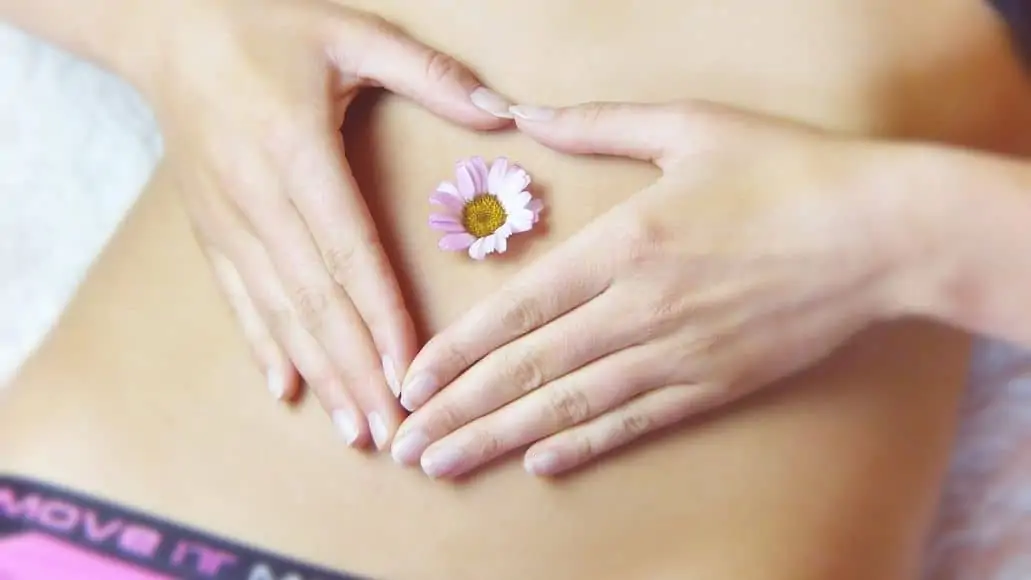
If you’ve never attempted a fast before, it is important to know the dos and don’ts of fasting, so you don’t do yourself any harm.
What Is A Fast?
Let’s take a few moments to delve into the basics of fasting. We need to discuss what you should and shouldn’t do during a fast, as well as how long you should fast.
Naturally, it’s always a good idea to consult with your health care provider before attempting any type of fasting ritual or major dietary change.
And while fasting can be dangerous for some individuals, it can also be a substantially beneficial habit for those who attempt it smartly and patiently. Without further ado, let’s explore the ins and outs of fasting.
General Fasting Rules
Fasting comes in many types. The one most people are familiar with these days is intermittent fasting. This type of fast consists of a period where you eat and a period of time during which you eat nothing.
A common example is going 16 hours a day without eating (including the hours you are asleep) and eating only during the remaining eight hours.
You can drink water or low-calorie beverages (which does include tea), but that’s about it. If you consume a food or meal consisting of fifty calories or more, you’ve broken your fast.
How Long Does A Fast Last?
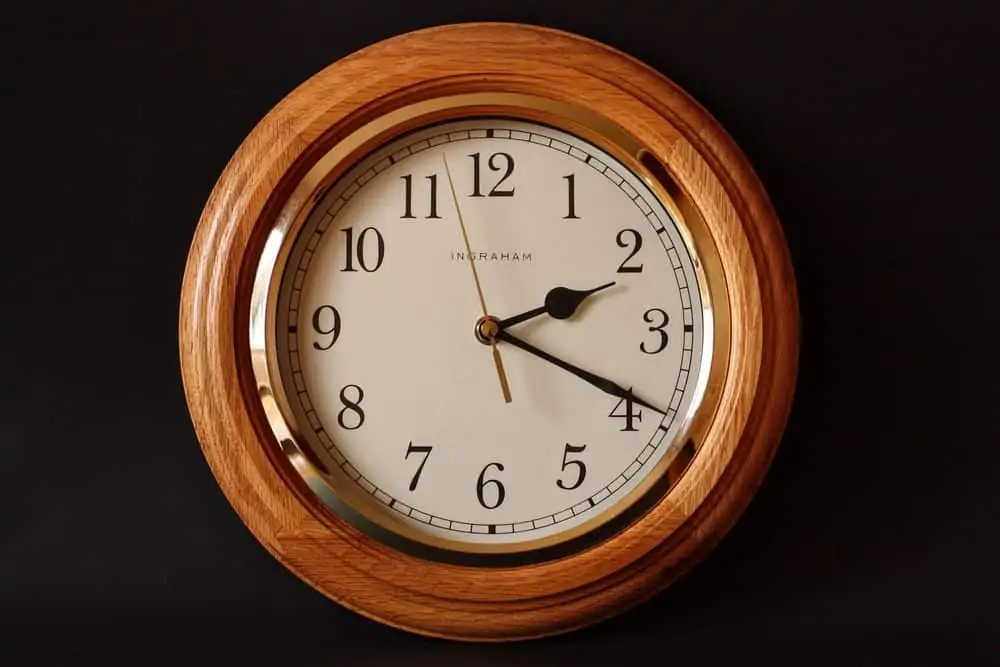
Traditionally, a fast lasts between one and three days. However, fasting periods can be shorter or longer than this traditional range.
If you’ve never fasted before, you may not want to try anything more than twenty-four hours. Intermittent fasting would probably be the best to start with.
It takes time, repetition, and patience to attune the body to the habits of fasting. Attempting to rush things along will only result in fewer benefits and more frustration.
Benefits Of Fasting
There are several potential benefits of fasting. Some of the most commonly reported include:
- Faster weight loss
- More efficient weight loss
- Increased energy
- Improved cognition
- Better memory
- Higher-quality sleep
- Decreased risk of heart disease
The specific benefits you may experience during a fast could differ from these standard ones. Every person’s body is unique. The benefits of fasting are bound to be relatively specific to the person attempting the fast.
That said, some people may want to avoid fasting altogether, because there are risks as well.
The Risks of Fasting
If you have certain health conditions, you may want to avoid fasting. Those with diabetes can experience dangerous drops in blood sugar levels during a fast, and such decreases could necessitate hospitalization.
If you’re pregnant, breastfeeding, or very ill, you may also want to think twice before fasting. Additionally, young children and infants should not fast. During the early stages of childhood development, our bodies require consistent nutrition.
Young children and babies that lack an adequate supply of vitamins, minerals, protein, fat, and carbohydrates may suffer from developmental inertia. Fasting could have a negative impact on their growth, both physically and mentally.
If you’re not sure, a physician or health care provider can help you make the final call. They should also be able to recommend fasting-friendly diets and recipes.
Why Tea Does Not Break A Fast

To break a fast, you need to consume a certain number of calories. 50 is generally considered the threshold where you have broken your fast.
A single cup of tea can contain anywhere between one and three calories, so you would need to drink an insane amount to actually break your fast.
Of course, the number of calories drastically increases when you begin adding sweet-tasting additives like sugar or honey.
While a plain cup of brewed might only contain a single calorie, a cup of sweet tea has about eighty calories or more.
When you consider that the caloric cut-off for fasting is about fifty calories, it quickly becomes clear why some people believe drinking tea breaks a fast.
As long as you stick to plain tea, or to calorie-free sweeteners, you can drink several cups of tea throughout your fast. You will not break it and you can keep energy levels high.
Of course, coffee can do the same and it is also a low calorie drink (assuming you don’t add sugar).
Is It Better To Drink Coffee Or Tea During A Fast?
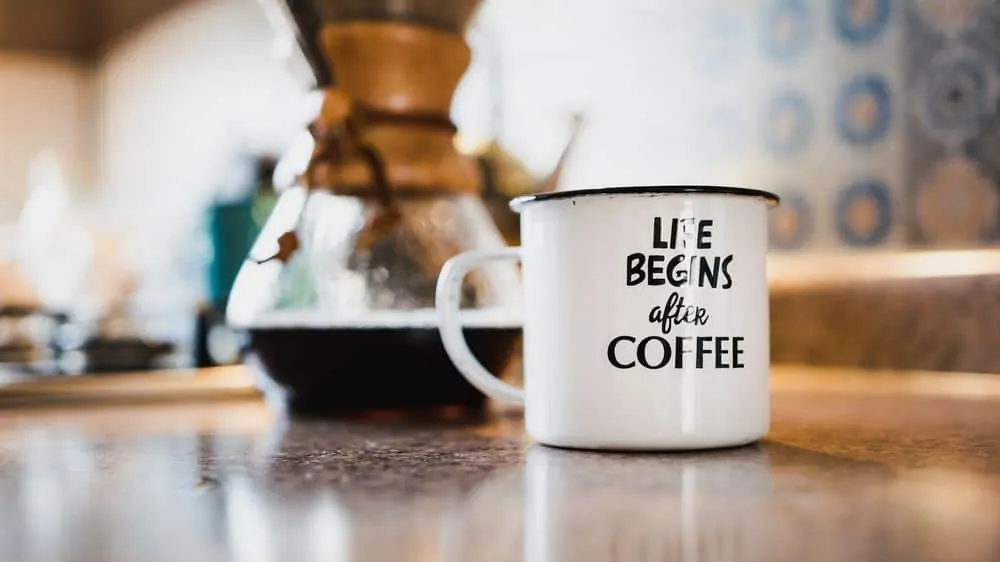
The answer depends on your preferences. Both coffee and tea have valuable benefits and a couple of noteworthy drawbacks.
For example, both beverages contain caffeine, tannins, polyphenols, and antioxidants. They’re often enjoyed in the morning or early afternoon.
Both are also often sweetened with sugar, honey, cream, or syrup. Consequently, both drinks can be high in calories and have the potential to break your fast.
However, the standard, unsweetened version of each beverage is low in calories. Both are also low in carbohydrates and fiber. As such, neither is likely to impact your fast, unless you add other ingredients.
If you can easily brew both, there is no reason you can’t continue to enjoy them both. This is the cas for people with pod-style coffee machines, like Keurig machines. You can brew tea in Keurigs using pods with tea, or simply use them to heat water for loose leaf tea.
What Types Of Tea Might Break A Fast?
Most people think of black tea when asking this question, or perhaps green tea. But it is just as valid a question for any other type of tea.
So let’s examine each of the most popular kinds of tea and their caloric content. We’ll begin with black tea and work our way down from there.
Does Black Tea Break A Fast?
When consumed without cream, sugar, honey, or other additives, black tea does not break a fast. A single cup contains 1 to 3 calories. You could enjoy several cups without hitting the fifty-calorie benchmark.
But if you add too much sugar, this is no longer the case. This is even more so the case is you add milk or other ingredients, like tapioca. This gives you boba tea, which definitely is not acceptable when fasting.
Does Green Tea Break A Fast?
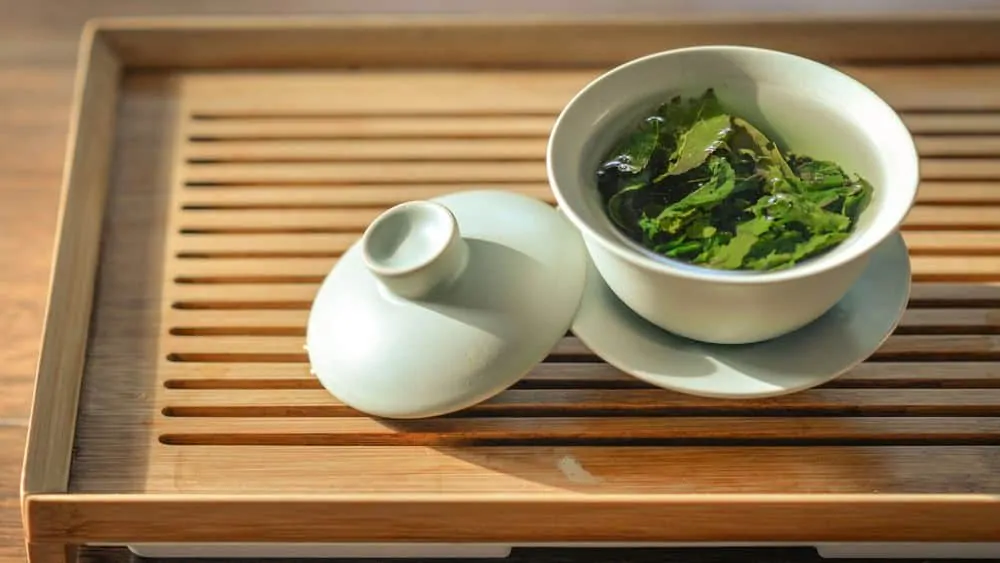
Green tea contains a slightly larger amount of calories per cup on average, but only about half a calorie more. That’s nothing and it still won’t break a fast.
The only way green tea could break your fast is if you add honey, sugar, or other high-calorie ingredients. You never want to add milk to your green tea, so that won’t be a problem.
Does Herbal Tea Break A Fast?
Herbal tea could potentially break your fast. That’s because the calories in an herbal tea vary greatly depending on the types of herbs, fruits, spices, and other ingredients contained in the tea.
If you’d like to enjoy an herbal tea during a fast, be sure to choose one that is explicitly low in calories. Those made from a single plant are usually fine, like peppermint tea, chamomile tea, etc.
Does Ginger Tea Break A Fast?
A single cup of ginger tea contains around two calories, making it another fast-friendly option. But you’ll need to avoid adding ingredients or sweeteners that are rich in calories.
Many people love to add honey to ginger tea and that could put you over the calorie limit, depending on how much you add. Of course, you have to weight that against the additional benefits of honey in tea.
Does Matcha Tea Break A Fast?
A plain, homemade matcha tea only contains around three calories. As such, matcha won’t break your fast. However, store-bought matcha lattes are far more calorie-dense, and they will almost certainly break your fast.
What Kinds Of Calorie-Free Sweeteners Could I Add?
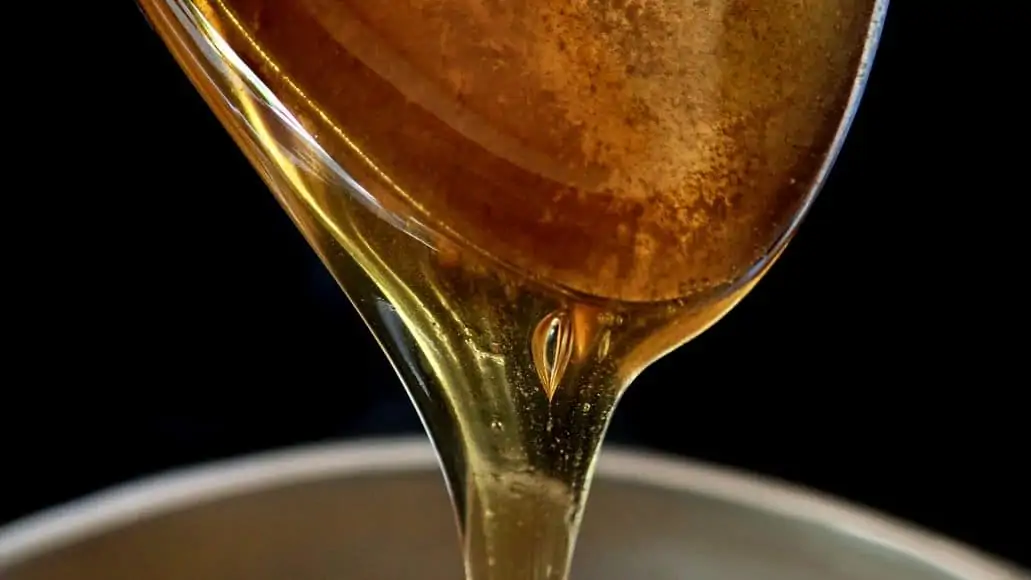
It is always best to drink tea without any sweeteners. But not everyone likes the taste of tea. If you want to improve the taste for your taste buds, but don’t want to break your fast, you have a few options.
There are several different kinds of low-calorie sweeteners you could add to your tea during a fast. The best option for you depends on your preferences and body chemistry.
Remember that all artificial sweeteners and sugar alternatives should be consumed in moderation. If you’re hoping to add a little sweetness to your tea, without the calories, try the following.
- Stevia
- Xylitol
- Aspartame
- Yacon Syrup
There’s a good chance that you’ve already heard of at least one of these sweeteners, But just in case you haven’t, I’ve added a brief description of each one below. Hopefully, this will help you find the ideal sweet ingredient for you.
Stevia
Natural stevia has been used as a sweetener for hundreds, if not thousands, of years. People would pick the leaves from stevia plants and plop them into their beverages and meals. The leaves would imbue whatever food they made their way into with a sweet taste.
New stevia products are a little different, as they feature a concentrated form of natural stevia. This manufactured form is far sweeter than raw sugar, potentially making it more addictive. However, it’s insanely low in calories, which is a huge plus.
Xylitol
This sweetener is a sugar alcohol that doesn’t lead to massive rises in blood sugar levels. While some may feel a little wary of xylitol due to its classification, sugar alcohols affect the body in an entirely different way than alcoholic beverages.
Still, in large quantities, xylitol can lead to stomach cramps and diarrhea. As with most things in life, moderation is crucial.
Aspartame
Aspartame is probably the most controversial artificial sweetener you could add to your tea. While it’s generally considered a safe additive, some studies have linked excessive aspartame consumption to certain cancers and unpleasant symptoms.
In small and moderate amounts, aspartame seems to be entirely harmless. It produces a sweet taste without hitting your body with tons of quick-burning calories. That’s why it’s often added to diet soda and various other diet-friendly foods and drinks.
Yacon Syrup
Unlike sugar-rich maple syrup, yacon syrup is relatively low in digestible sugars. It only provides about twenty calories per tablespoon, making it an excellent alternative to organic agave syrups and other types of sugar alternatives.
Does Tea Break A Fast: Final Thoughts
If you decide to partake in a cup (or several) of plain tea during a fast, you won’t break it. However, if you add a few teaspoons of sugar, cream, or honey, that could change. Tea is low in calories, but common tea additives are typically high in calories, sugar, and fat.
My usual recommendation stands: enjoy your tea without any additives. It is a wonderful drink on its own and sweeteners really just ruin the taste. But if you don’t like the natural flavor of tea, stick to sweeteners that are low in calories. That is good advice even when you’re not fasting!
Leave a Reply